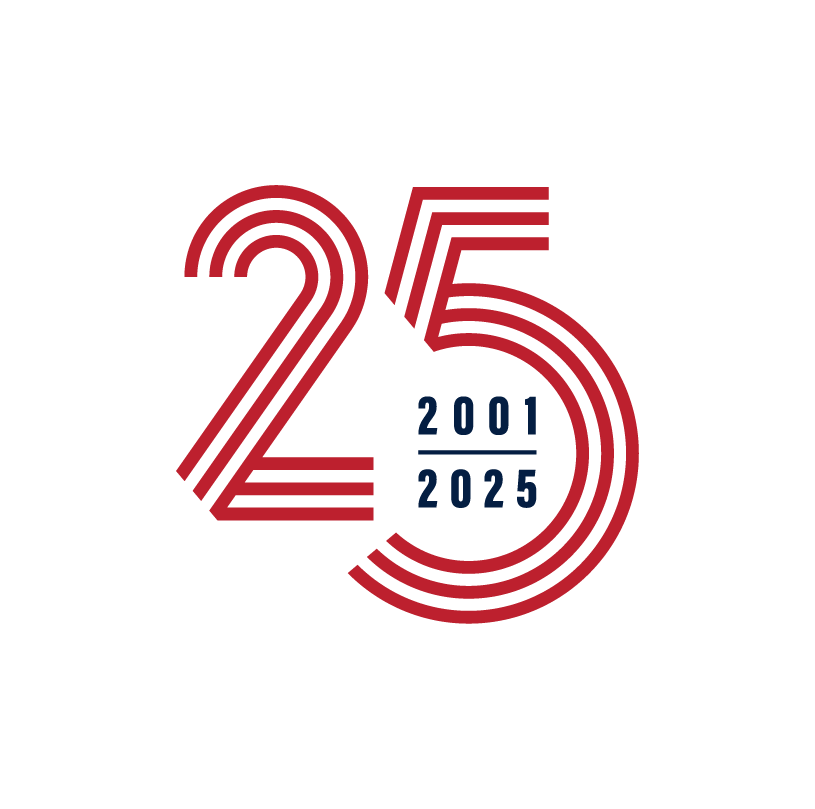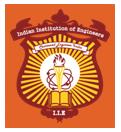THE ACADEMIC PROGRAMME OF THE INSTITUTION MAINLY CONSISTS OF SECTIONS ‘A & B’ EXAMINATIONS, POPULARLY KNOWN AS THE AMIIE EXAMINATION.
DIPIIE in Instrumentation Engineering
Information For:
- Home
- Examination
- R&D
- Application Status
- Apply Membership Online
- RTI Information & Reply
- Awards
- Become Student's Chapter
- Online Verification
- Placement Service
- Alumni Association
- Approval & Recognition
- AMIIE(B.Tech./B.E.)
- DIPIIE-DMIIE-TMIIE(Diploma)
- List of Student's Chapter
- Our Vision
- Circular/Notice/Tender
- Hall Ticket
- Examination Result
- Vacancy & Career
- Global Linkage
- Downloads
Key Highlights of the AMIIE
- Project based learning through industry collaborations.
- Focus on skill building & practical implementations.
- Interactive sessions with industry experts through Student's Chapter.
About
Instrumentation Engineering focuses on the design, development, and maintenance of systems that measure and control physical variables such as pressure, temperature, and flow in industrial processes. Engineers in this field work with sensors, controllers, and automation systems to optimize operations in industries like manufacturing, oil and gas, power generation, and chemical processing. Their role ensures the safe and efficient functioning of complex machinery and industrial processes.
Career
A career in Instrumentation Engineering involves working with complex systems that control and measure physical parameters like temperature, pressure, and flow in various industries. Instrumentation engineers design, develop, and maintain instruments and control systems that ensure the smooth and efficient operation of industrial processes. These systems are critical in industries such as manufacturing, oil and gas, power generation, chemical processing, and pharmaceuticals.
Key roles in this field include instrumentation engineers, who design and maintain control systems, sensors, and measurement devices; control systems engineers, responsible for programming and optimizing automated systems; and automation engineers, who integrate instrumentation systems into broader industrial processes. Process control engineers focus on ensuring optimal system performance and troubleshooting issues in real-time.
A degree in instrumentation, electrical engineering, or a related field is typically required. Certifications in control systems, PLCs, and automation can further enhance career prospects. The field offers strong career growth, job stability, and opportunities for advancement in emerging industries like renewable energy and automation.
Job Prospects
High Demand: Growing need for instrumentation engineers in automation, manufacturing, and energy sectors.
Diverse Roles: Opportunities in process control, instrumentation design, and automation systems.
Global Opportunities: Jobs available in industries worldwide.
Career Growth: Strong job stability, competitive salaries, and advancement potential.
Remuneration
Instrumentation Engineers typically earn between $60,000 and $95,000 annually, depending on experience, location, and specialization. Senior roles in industries like oil and gas or automation can exceed $110,000, with bonuses and benefits.
Section-A
Section-B
- STRENGTH OF MATERIALS
- FLUID MECHANICS
- MATERIAL SCIENCE & ENGINEERING
- WORKSHOP TECHNOLOGY
- ENVIRONMENTAL ENGINEERING
- METROLOGY
- TECHNICAL ENGINEERING DRAWING
- THEORY OF MACHINES
- THEORY OF ELECTRICAL ENGINEERING
- FLUID POWER & TRIBLOGY
- INDUSTRIAL ECONOMY & MANAGEMENT
- AUTOMOBILE ENGINEERING
- MANUFACTURING TECHNOLOGY
- INTERNAL COMBUSTION ENGINE
- CNC MACHINE
- REFRIGERATION & AIR CONDITIONING
- POWER PLANT ENGINEERING
- THERMAL ENGINEERING
What Is AMIIE?
Full form of AMIIE is “Associate Member of the Indian Institution of Engineers”. AMIIE is a professional certification given by Indian Institution of Engineers (IIE).

